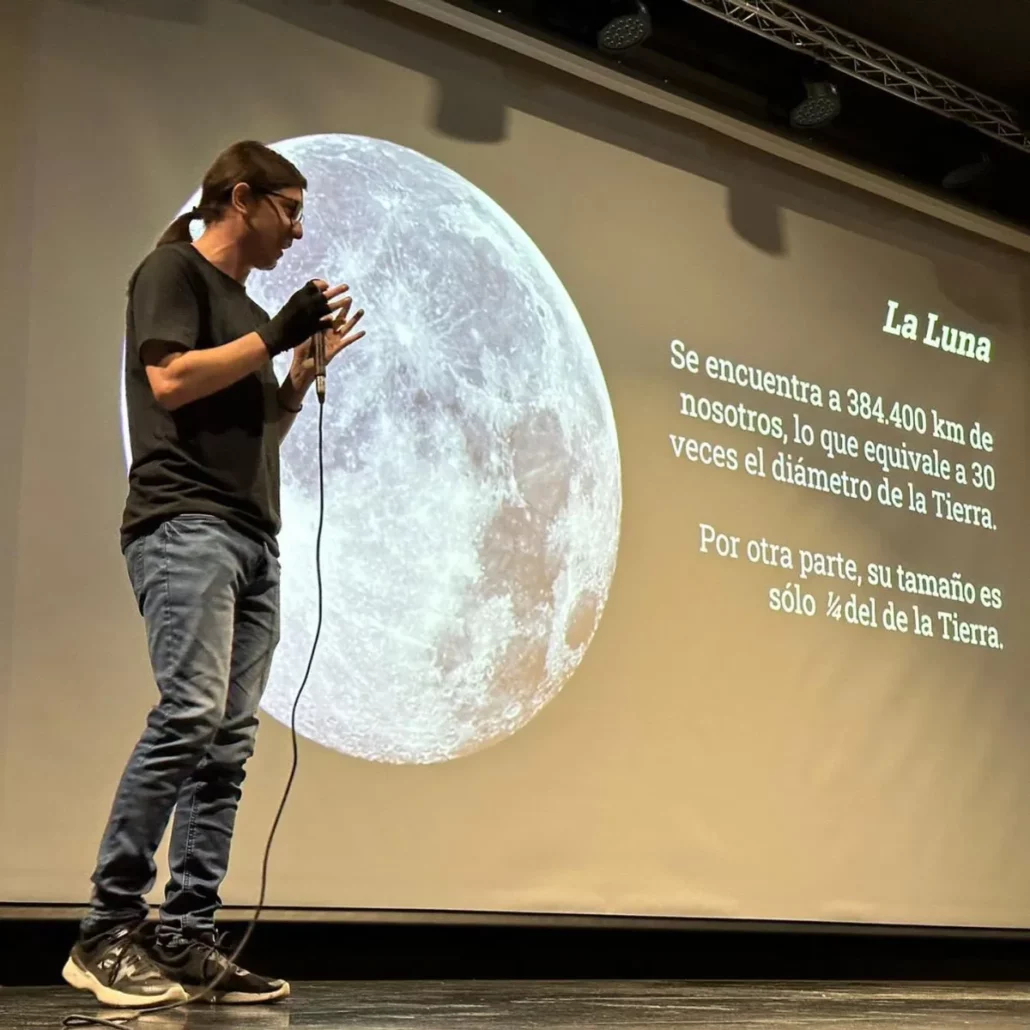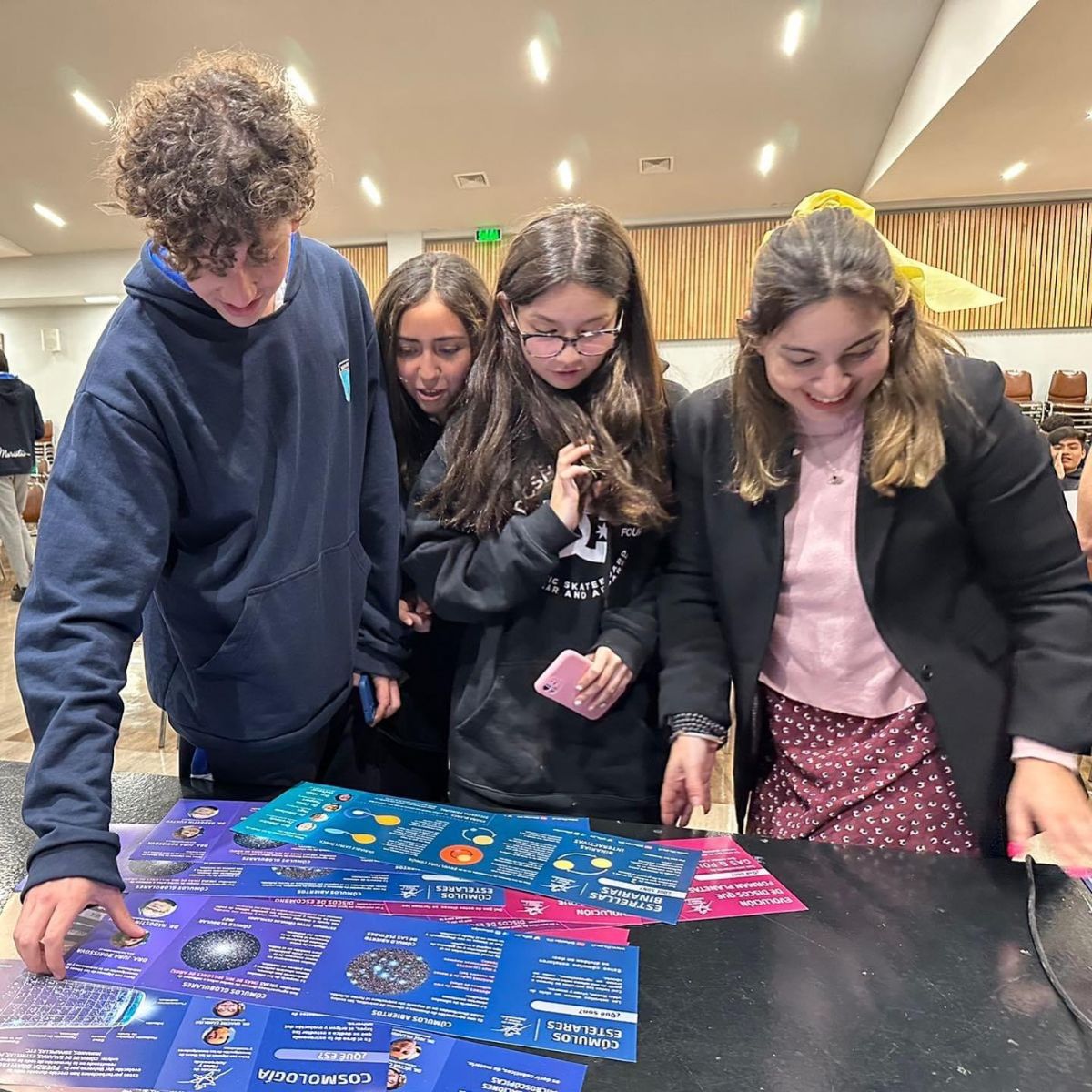
Astronomy Study Abroad in Chile
New Astronomy Program Coming to Chile
Explore the breathtaking world of astronomy in the heart of Chile, home to some of the world’s most advanced observatories and renowned universities. Chile possesses 40% of the world’s Astronomy Observatories and is positioned as “the world capital of Astronomy”, due in large part to the natural climate conditions where the Observatories are located. A dark sky exists here most of the year and it is extremely dry, which is important when it comes to observing other planets at a molecular level.
Adelantes’ new Astronomy Study Abroad Program in Chile offers a unique and immersive experience combining Spanish language and astrophysics classes for students passionate about the cosmos.
During this three-week study abroad program, you’ll receive 30 hours of Spanish language classes and 20 hours of astrophysics classes at one of the most prestigious universities in Chile taught in English or Spanish. These classes will cover concepts and theories of the universe, observation techniques, use of astronomy software and tools such as telescopes, and more. Program will cap off with a 5-day internship at an Observatory.
In addition to academic pursuits, students will be able to participate in excursions / activities in Valparaiso and Elqui Valley.
Program Pricing & Dates
Apply Now for 2025!
$3,525
Program Dates:
- 1st session2025 TBD
- 2nd sessionOctober 5 - October 26, 2024
program requires minimum 10 caniddates to run
General Astronomy Learning Objectives
In this Astronomy study abroad program, participants will learn following objectives in the field of science & astronomy. Each class will be divided in to 1.5 hour blocks. The first block consists of an expository lecture, and the second block will be practical applications.

Astronomy Study Abroad Class Structure
Astronomy program will consist of 6 classes and that will total 20 course hours. Classes will take place Monday, Wednesday, Friday withing the first two week.

Class 1
Introduction: Objects in the universe, distance, scalers, etc.
Stellarium use.
Class 2
The importance of light, electromagnetic spectrum.
Diffraction slit or similar experiment.
Class 3
The Eyes of the Universe: Techniques and Instrumentation.
Parts of a telescope, assembly and calibration with bright objects.
Class 4
Spectral and photometric analysis.
Using a CCD, recognize the field of view of objects.
Class 5
Stellar evolution.
Astrophotography with smartphones on telescopes.
Class 6
Glaxies and Classification.
Planisphere, Laser and Night observation.

